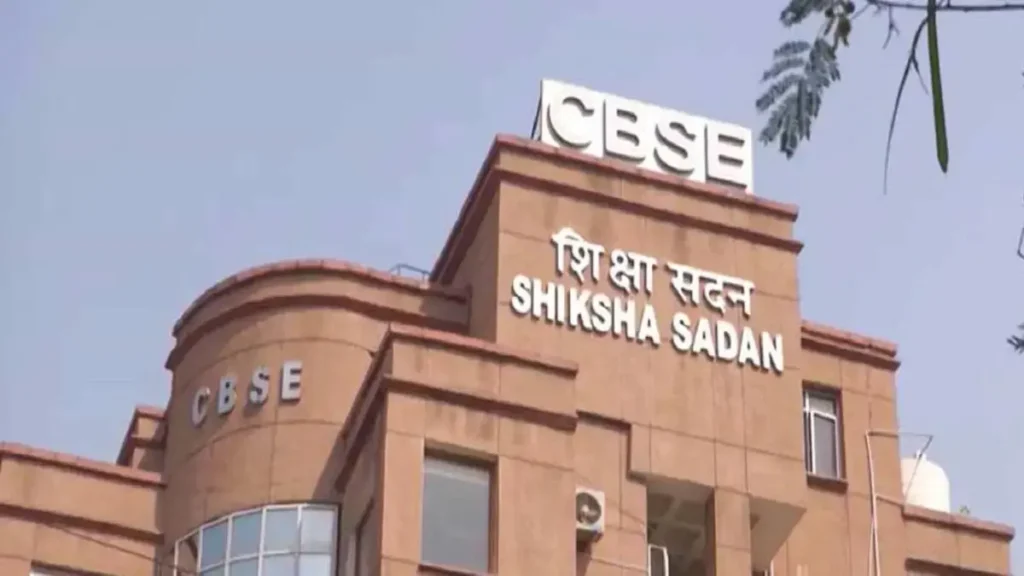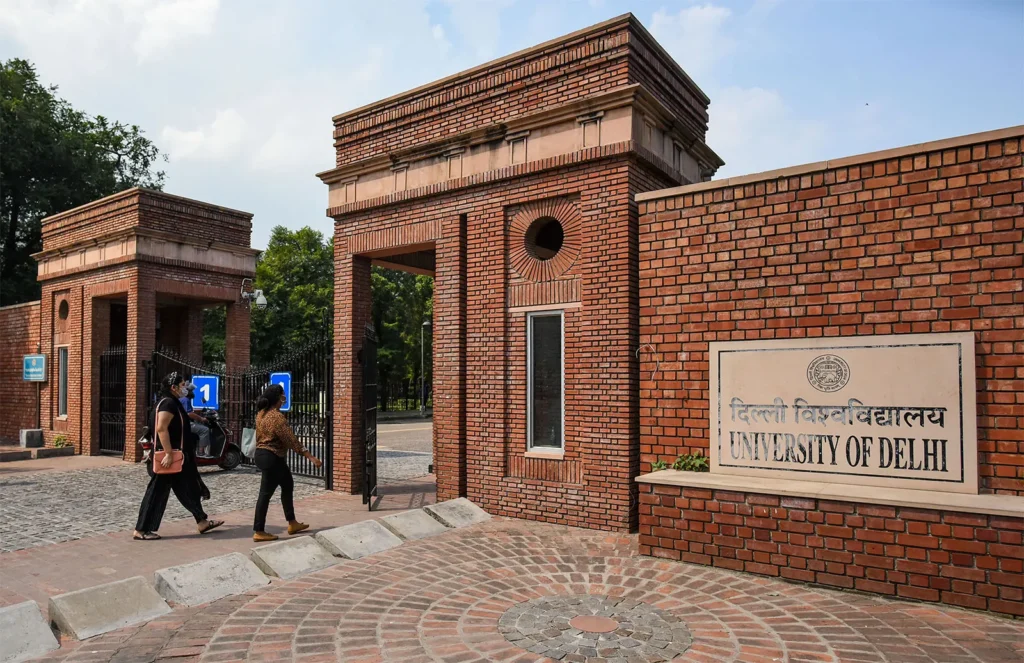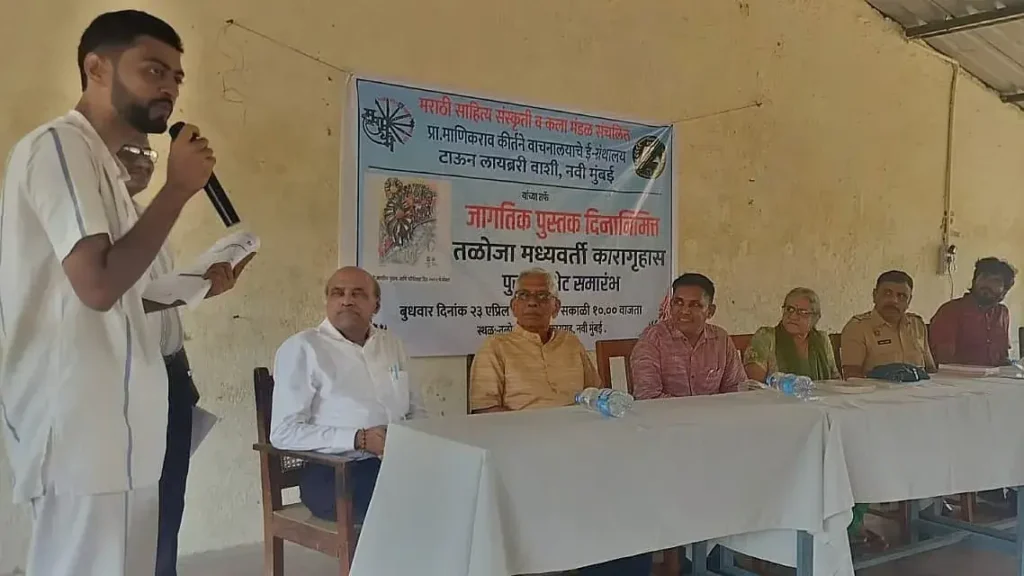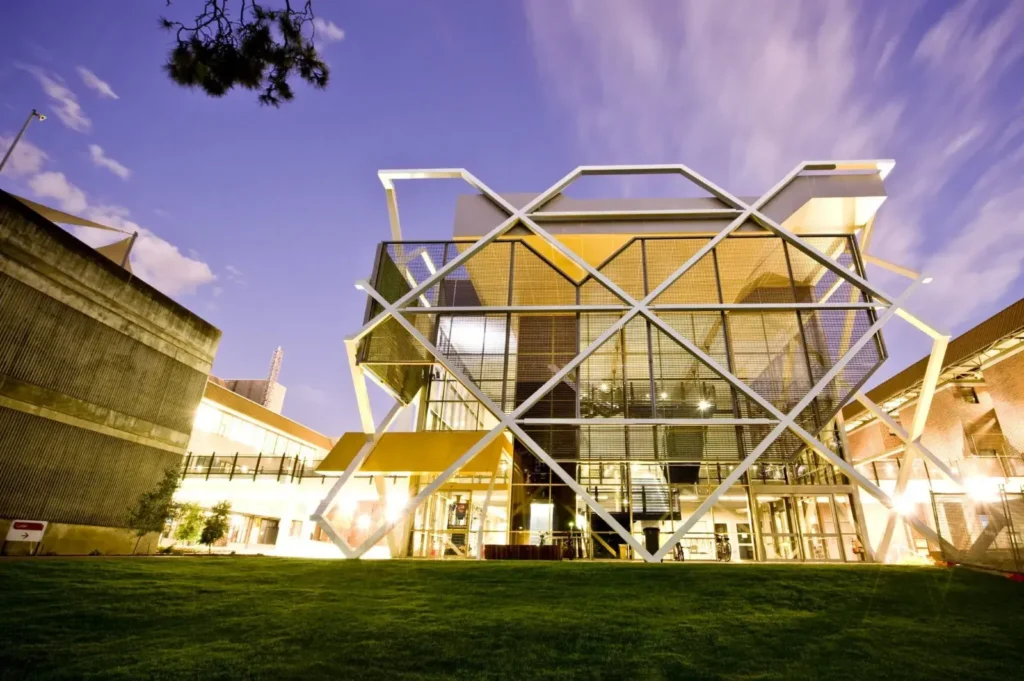The Central Board of Secondary Education (CBSE) declared the much-anticipated results for Class 10 and 12 board examinations, bringing relief, joy, and a wave of congratulatory messages from across the country. Students can now access their results through various official digital platforms including cbseresults.nic.in, results.cbse.nic.in, cbse.gov.in, DigiLocker, and the UMANG app. This year, 93.66% of students passed the Class 10 exams, while 88.39% cleared the Class 12 exams, showing a marginal improvement over last year. Girls continued their stellar performance, outperforming boys by over 5 percentage points in Class 12 and 2.37 percentage points in Class 10. The top-performing region for Class 10 was Thiruvananthapuram, with a remarkable 99.70% pass percentage, while Guwahati trailed behind with 84.14%. In Delhi, an impressive 95% of students passed both Class 10 and 12 examinations. No Merit List, No Divisions — Focus on Holistic Learning In a bid to curb unhealthy academic competition, CBSE has upheld its decision not to release a merit list or award divisions. Instead, merit certificates will be issued only to the top 0.1% scorers in each subject, which students can download from DigiLocker. “As per an earlier decision by the board to avoid unhealthy competition amongst students, no merit list is prepared and declared by CBSE. Also, the board has not awarded first, second and third division to its students,” said CBSE Examination Controller Sanyam Bhardwaj. A Tech-Driven Evaluation Aligned with NEP 2020 Union Education Minister Dharmendra Pradhan emphasized that the board’s assessment process has been aligned with the National Education Policy (NEP) 2020, focusing on competency-based evaluation and leveraging technology for better accessibility. “CBSE Board exams are conducted in alignment with NEP 2020, with emphasis on competency-based assessment leveraging technology for accessibility and ease,” he stated on X. National Leaders Congratulate Students Prime Minister Narendra Modi took to X to congratulate students, referring to them as “Exam Warriors.” “Dear #ExamWarriors, Heartiest congratulations to everyone who has cleared the CBSE Class XII and X examinations! This is the outcome of your determination, discipline and hard work. Today is also a day to acknowledge the role played by parents, teachers and all others who have contributed to this feat. Wishing Exam Warriors great success in all the opportunities that lie ahead!“ He offered words of encouragement to those who may be disappointed with their results: “To those who feel slightly dejected at their scores, I want to tell them: one exam can never define you. Your journey is much bigger and your strengths go far beyond the mark sheet. Stay confident, stay curious because great things await.“ Lok Sabha Speaker Om Birla echoed similar sentiments, praising the values that lead to academic achievement. “Heartiest congratulations to all students who have cleared the CBSE Class X and XII examinations. Your success reflects sincere effort, discipline, and focus,” he wrote. Rajasthan Chief Minister Bhajanlal Sharma also applauded the students and extended support to those facing disappointment: “This golden success is the result of your hard work, determination and tireless efforts… students who did not get the expected results should not be disappointed. Both success and failure in life are means of learning.“ Congress President Mallikarjun Kharge expressed gratitude to the support system behind the students’ success: “May your future pursuits be even more successful… I also express my deep gratitude to the parents, guardians, and teachers for their invaluable support… Hard work never disappoints. This is only a journey. Keep working for India’s future.“ Accessing Results and Post-Result Options Students can access their scorecards online via CBSE’s official websites or DigiLocker. To use DigiLocker, students must obtain a six-digit access PIN provided by their schools. Once logged in, students can download their digital marksheets and certificates. If students are unsatisfied with their results, they can request photocopies of their evaluated answer sheets before opting for revaluation or verification, a change aimed at increasing transparency. “A candidate after obtaining a photocopy of the evaluated answer book in the first step can decide whether to opt for verification of marks or re-evaluation,” said Bhardwaj. A Path Forward With over 42 lakh students appearing in the CBSE exams this year, the results reflect the resilience and adaptability of a new generation of learners in a changing educational landscape. As the system moves towards competency and skill-based learning, these results mark a significant milestone in shaping future-ready citizens. For students who didn’t achieve their desired results, the CBSE will soon release the compartment exam schedule, offering a second chance to succeed. As India embraces a digital and inclusive education framework, today’s board results not only mark academic milestones but also celebrate the diverse journeys of every learner — reminding us all that no exam is the final word on potential. Source: Mint










